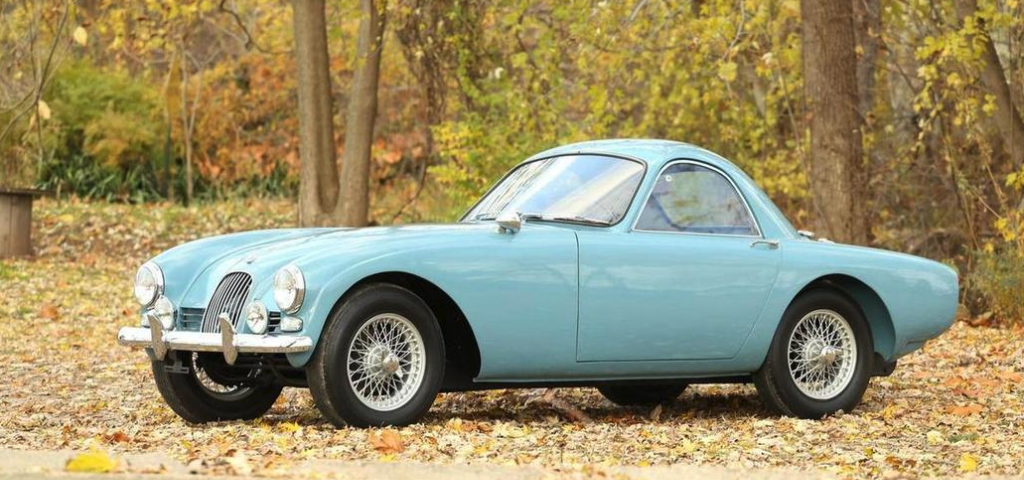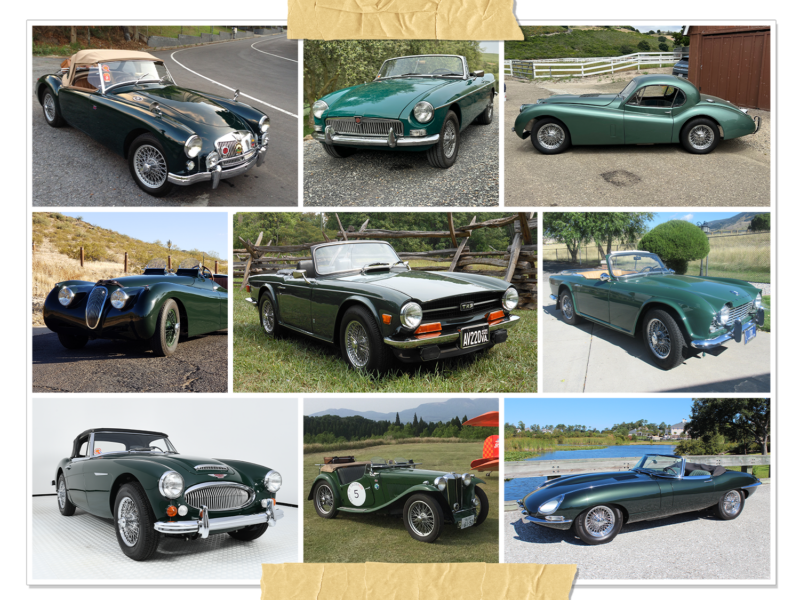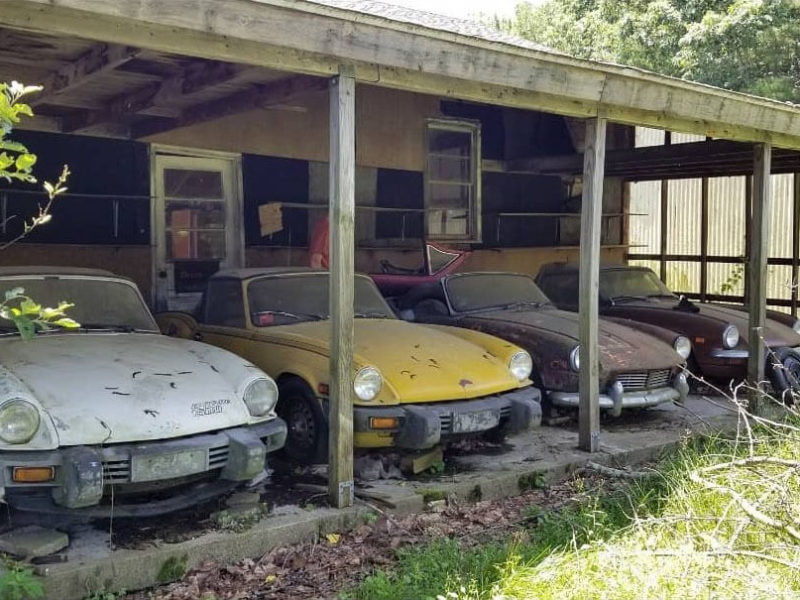 It’s hard to comprehend – given the continued viability of Morgan even today in the 21st Century – but 50 years ago, the venerable firm at Malvern Link was ridiculed for the old-fashioned nature of their signature car. With a front suspension that was patented long before the Titanic was launched and styling that even MG had abandoned in the previous decade, Morgan was alone in the marketplace with their traditionally styled roadster and was facing ever increasing competition from their rivals at BMC, Rootes and Triumph. With sales decreasing in the very important American market and weak demand on the Continent, the company was looking to the future with a change to its core product.
It’s hard to comprehend – given the continued viability of Morgan even today in the 21st Century – but 50 years ago, the venerable firm at Malvern Link was ridiculed for the old-fashioned nature of their signature car. With a front suspension that was patented long before the Titanic was launched and styling that even MG had abandoned in the previous decade, Morgan was alone in the marketplace with their traditionally styled roadster and was facing ever increasing competition from their rivals at BMC, Rootes and Triumph. With sales decreasing in the very important American market and weak demand on the Continent, the company was looking to the future with a change to its core product.
 Inspired by Lotus and its fiberglass body, Peter Morgan began to investigate use of the material to clothe the traditional Morgan chassis. His father (HFS Morgan) was fearful of the havoc that might be caused to the body by the flexible chassis and shelved the idea. After his passing, however, in 1959, the idea was revived and a smooth aerodynamic body over the existing chassis and drivetrain was seen as the future of the marque. The bodies were built by the Edwards Brothers with limited resin (to reduce crazing) and the new shape featured a unique roof profile and roll-up windows. It was an attractive shape that was the equal of the Healeys, MGs and Triumphs that it had to compete against and was even as shapely as anything from Jaguar or Aston-Martin.
Inspired by Lotus and its fiberglass body, Peter Morgan began to investigate use of the material to clothe the traditional Morgan chassis. His father (HFS Morgan) was fearful of the havoc that might be caused to the body by the flexible chassis and shelved the idea. After his passing, however, in 1959, the idea was revived and a smooth aerodynamic body over the existing chassis and drivetrain was seen as the future of the marque. The bodies were built by the Edwards Brothers with limited resin (to reduce crazing) and the new shape featured a unique roof profile and roll-up windows. It was an attractive shape that was the equal of the Healeys, MGs and Triumphs that it had to compete against and was even as shapely as anything from Jaguar or Aston-Martin.
Introduced at the 1963 London Motor Show, the Morgan Plus 4 Plus was priced at £1275, a considerable increase in price from the traditional Plus 4 that was sold for £816, it was nonetheless much cheaper than the Lotus Elite which cost more than £1600. The automotive press was impressed with the car’s performance (which was improved by the lower weight body – even in coupe form) and the quality finish of the modern body shell. The Motor predicted that the new car would “make many new friends for the marque Morgan” but the Morgan faithful were less than impressed. In fact, the Morgan aficionados were up in arms over the appearance of the startlingly modern Plus 4 Plus and even more incensed that the FHC prevented any wind (or bugs for that matter) from reaching the hair of a true driving enthusiast and Morgan man.
That the car was a sales failure is an understatement, with only 26 vehicles produced, but it was a success nonetheless in that it forced the issue for many potential buyer’s who were afraid that the classic Morgan was soon to be retired. Soon, a waiting list for the Plus Four was formed to accommodate the surplus of orders that were coming in on a regular basis. Orders from the rest of Europe were particularly strong, with orders from France, Holland, Germany and Sweden exceeding availability and contributing greatly to the strong demand for the cars that continues to exist today.
For many years, the Plus 4 Plus languished as the unwanted Morgan and even in the last decade or so they were an affordable rarity that offered sparkling performance and great looks in an easy to service and maintain package. Those days, like for so many other cars, have passed and the previously unwanted car is now in strong demand. The car featured here (Body No. A5758) was under long-term ownership for over 30 years and remained in good condition after a quality restoration. Finished in the attractive shade of Duck Egg Blue over Black it was a fine example of the breed. Sold at $134,200 (with the buyer’s premium) by Bonhams in Amelia Island it was a good purchase for the Morgan fan who realizes that it was a car ahead of its time and worthy of its desirability now.
By Johnny Oversteer
Image courtesy of Bonhams.











'A Prized Failure – Morgan Plus 4 Plus' has 1 comment
November 8, 2023 @ 8:59 pm the morgan plus 4 plus coupé |
[…] found on http://www.mossmotoring.com […]